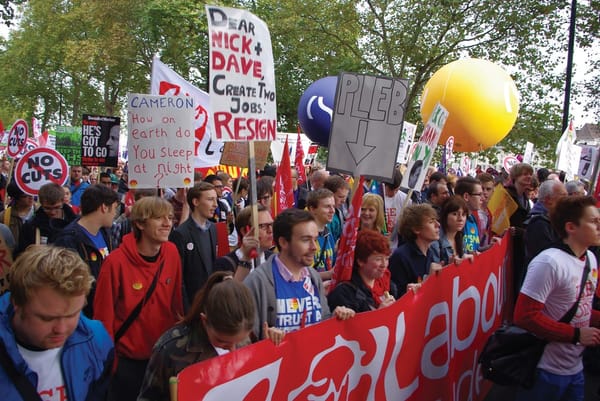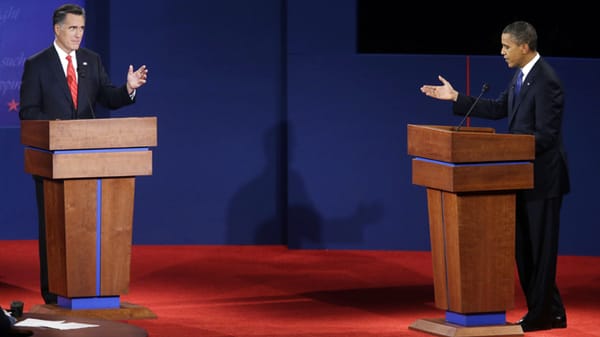Miliband opens debate on mental health
Miliband says we should talk more about mental health issues
According to the World Health Organisation, one in four of us will have a mental illness at some point in our life, and that by 2030 depression will be the largest cause of disease around the world. That’s a scary statistic. Mental health issues, be them our own or someone else’s, affect us all, and yet we don’t talk about them. This is the problem cited byEd Miliband in his speech to the Royal College of Psychiatrists last week.
Miliband highlights that we are ignoring a problem that affects all of us from every walk of life, and proposes to challenge the lack of focus the government has on the issue of mental health. He cites personal experience of counselling after the death of his father, Ralph Miliband, and talks about the brave decision of Labour MP Kevan Jones to talk openly about his depression.
The government have cut £150m from services for people suffering with mental health problems, and outreach programmes. Imagine, he asked, if this was from funding for strokes, or heart disease. He emphasises that mental health problems will not go away if we ignore them, so we have to tackle the prejudice and the taboo. Mental health provisions need to be properly funded, and health and social care providers need to be better educated to deal with the demands that increased rates of mental health conditions are putting on the NHS and especially the prison service, where 70% of inmates have a mental health condition. Miliband recognises that not all conditions can be cured, but we can and should offer more support for those suffering.
Perhaps the most coverage of this speech was in the reaction it received from Jeremy Clarkson, who was attacked by Ed for his insensitive comments – “Jeremy Clarkson, who may have at least acknowledged the tragedy of people who end their own lives, goes on to call them ‘Johnny Suicides’ whose bodies should be left on train tracks rather than delay journeys.” Clarkson responded by asking if Ed Miliband was “right in the head.”
Despite the taboo around talking about mental health, the speech could be considered an easy way to gain media coverage over the Coalition by the government, but things are changing across the political spectrum in the way that mental health is talked about. In September, the Conservative and Labour front benches supported Conservative MP, Gavin Barwell’s Mental Health Discrimination Bill, which would prevent discrimination based on mental health. Currently any person who has ever suffered from a ‘mental disorder’ is banned from jury service, and any person who has been sectioned for more than 6 months is barred from serving as an MP, school governor or company director, irrespective of their current state of mental health.
The tide is not just changing in political circles, but the celebrity world is opening up about mental health too, trying to emphasise that mental health affects us all. Actor, Rebecca Front started a twitter hashtag, #whatstigma, in February last year – it trended for days as users shared their experiences of mental health. There is still a long way to go to tackle the stigma, but as more and more people feel able to talk openly about mental health issues, we are slowly seeing change and a big speech from a UK party leader is a sight that should be encouraged.








